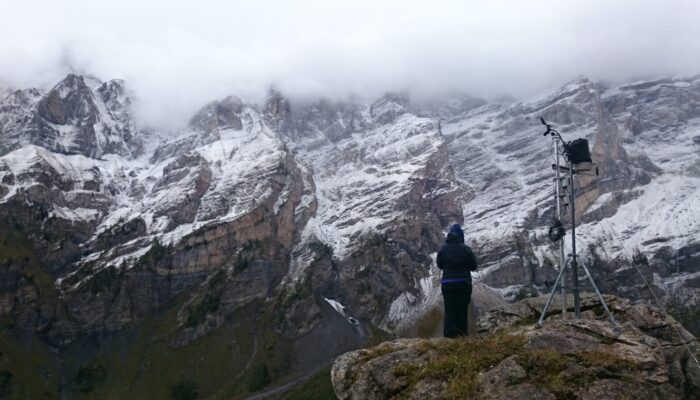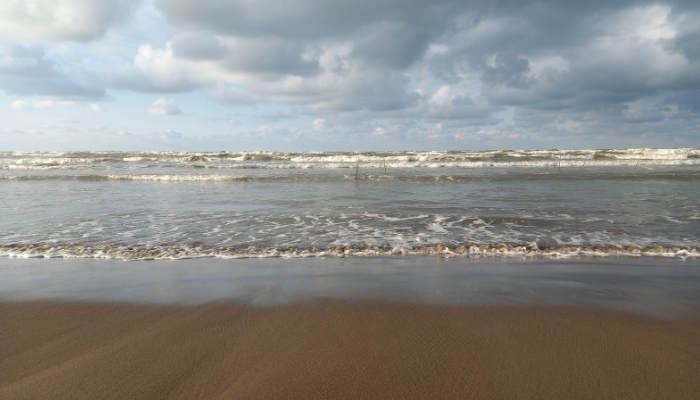The peril of rising sea levels due to global climate change is evident, posing significant threats. Conversely, inland seas and lakes experience declining water levels, exacerbated by heightened evaporation and diminishing inflows, presenting alarming consequences. Between 1992 and 2020, 53% of global inland water bodies experienced significant declines Currently, several lakes worldwide, such as ...[Read More]
Do-It-Yourself (DIY) in Geoscience Miniseries – Part 3: Getting it all together – Cables, Breadboards and Circuit Boards
You got all your components for your project, so now it’s all about getting it all together. Then it’s great to be able to quickly exchange components and change wiring. That’s where a so-called “breadboard” comes in handy. It’s an easy to use device where you can connect microelectronic components without the need to solder anything. Breadboards are like pinboards for cables and microelect ...[Read More]
Overlooked tips for the lost art of fieldwork

Not so long ago, almost all hydrologic data depended almost exclusively on fieldwork. Today, sure, you can download data from repositories, there are satellites that beam you magic numbers that you can interpret to give you almost any variable, and some (less than we might hope) long-term monitoring has been outsourced to governments (or in some cases to citizens with sensors). But somewhere in ...[Read More]
Do-It-Yourself (DIY) in Geoscience Miniseries – Part 2: Sensors & Electronics
As a child, I was a huge fan of LEGO. I would spend hours building and creating structures, vehicles and landscapes. For every birthday & Christmas, I wished for the newest sets of these colorful plastic bricks. While building the sets manually was fun, creating something new from my own fantasy was even better. It seemed like once I had a substantial amount of different bricks, combination po ...[Read More]



